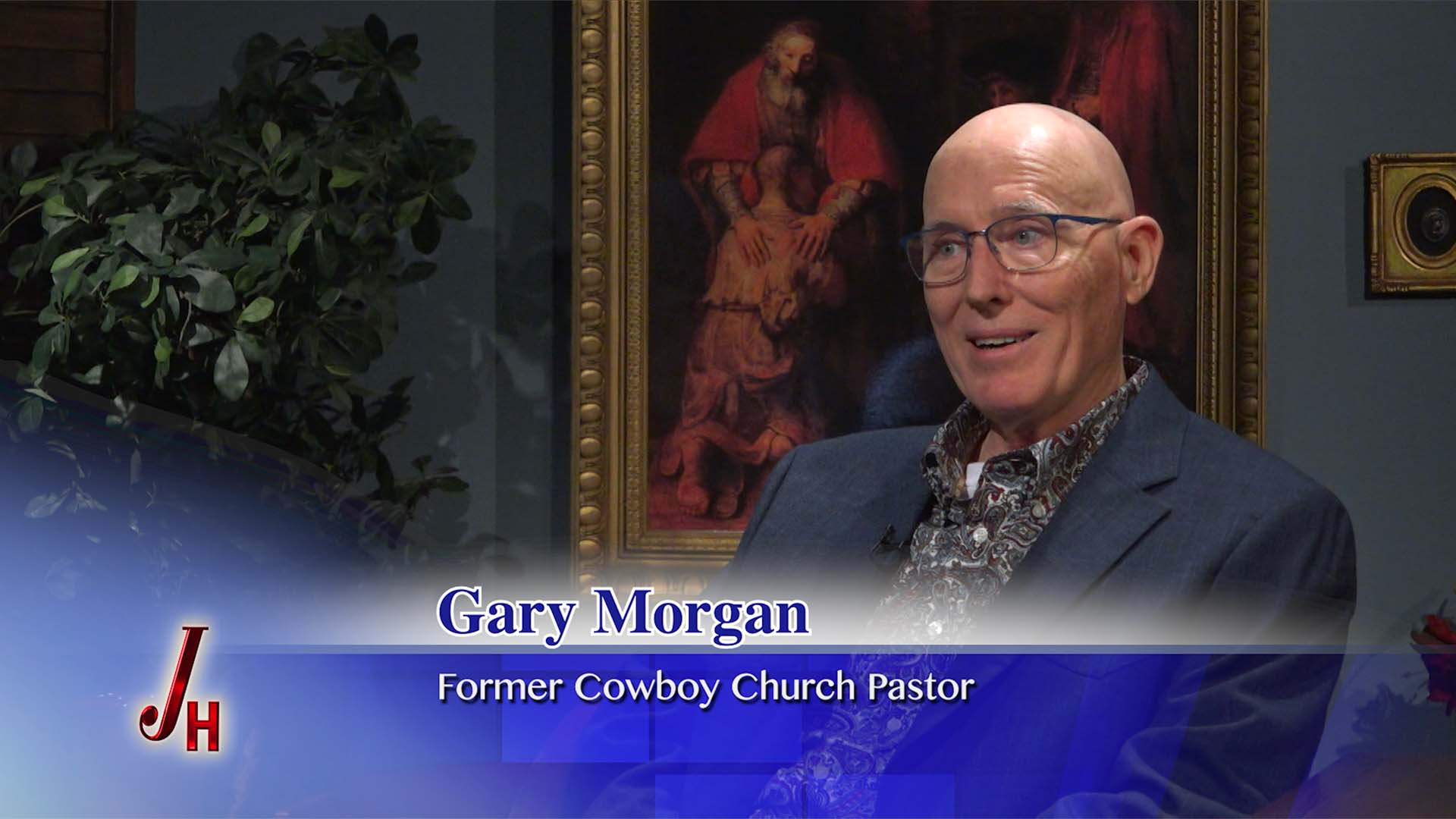After forty years as an active Christian, Beverly Lebold began praying for a Catholic teenager she had met on a foreign prison ministry mission. Little did she know that by helping this Nicaraguan teammate, she would find the True Presence of Christ.
All Stories
It was my study of the Church Fathers that ignited within me the dormant flame of Catholicism. As many others who have gone before me found, one cannot study the history of the early Church without realizing that many Protestant doctrines — sola Scriptura, for example — were an invention of the Protestant reformation and do not actually reflect the understanding of the Church Fathers, let alone the Apostles. I also realized that the Catholic understanding of the Eucharist is consistent with the way the sacrament has been understood from the beginning.
I continued to pray, to lead Bible studies, prayer groups, and Life in the Spirit seminars, became a Stephen Ministries leader, prepared for ordination, and became a Methodist pastor — all in just three years! While I was living in the church parsonage, I was watching TV one day and I happened upon a Catholic nun (Mother Angelica) who was teaching from the Bible on her own network, EWTN! This station was all our family watched from that day on. We began praying the Rosary, the Divine Mercy Chaplet, and the Liturgy of the Hours — as Protestants!
Caroline Burt was born in England into an atheist family and, later in life, delved deep into the New Age Movement. One day, she was unexpectedly drawn into a Catholic church as she was passing by and her life has never been the same.
I was raised in a small-town, Southern Baptist church in Virginia where I, along with my sister, my two brothers, and our parents, attended Sunday School and church nearly every Sunday that I can remember. In my early teen years, I responded to a preacher’s invitation to accept Christ as my Lord and Savior and was baptized. The experience of the waters of baptism seemed to be one of re-birth. I felt as though my sins were washed away and there was a new beginning and opportunity for me ahead. However, I did not experience much growth in grace during my later high school years and I went away to college in 1970 very disappointed with my hometown and the Christians that I knew.
Growing up a cradle Catholic in Argentina, Ercy Joy Ghiringhelli had a powerful experience with Jesus in the Eucharist. However, over the course of life, she became attracted by revival in Protestant churches. She eventually became an ordained Nazarene pastor and worked with the sick and suffering, until flipping channels one day, she came across an episode of The Journey Home.
Ron Moffat, a former Scots Calvinist recalls his journey into the Catholic Church. “Peter said simply, ‘Lord to whom shall we go?’ I knew in my heart, there was nowhere else I could go if I wanted a faith that wasn’t subject to change depending on the latest intellectual fads. I didn’t know if I was doing the right thing, but if I wasn’t, I knew there was no better alternative.”
My story begins in a naval hospital in Pittsburgh, California, where I was born to an 18-year-old girl and her 19-year-old husband. My parents were believers and we attended the Nazarene church close to our house.. I do remember that my mother used to turn on the TV to do her daily workouts with Jack LaLanne, and just before he came on, there was a show with a man wearing a cap, a large cross on a chain, and he wore a cape that he threw around as he talked. His eyes burned into the camera! Later I would learn that his name was Archbishop Fulton Sheen.
Over the next few years of talking to [my friend] about what he was studying, I slowly began to understand the TULIP doctrines and I realized that I didn’t actually agree with any of them. As a good Protestant, I knew that I could question every tenet of the faith that I had been brought up in and still be a good Christian, so as I gradually began to doubt Calvinism, I never questioned my relationship with God, nor His love for me.
I was bored with the Catholic Church! All I did was daydream through Mass and my catechism classes. When I was 10, my parents stopped going to Mass, but my father would still drop off my sister and I at the church.
As I began to describe my works-laden justification, Mr. Pharis told me bluntly, “You’re not getting into heaven.” … He got my attention. I was not saved!
My father was the pastor of a few different churches throughout Ohio and West Virginia during this time. He began as a Pentecostal minister, and would later go on to pastor a Baptist church. My father never attended a seminary, although he received his preaching credentials under the teaching of another Evangelist via postal-mail. I remember as a young girl, my father worked hard at his biblical studies. He continued to work full-time as a carpenter to provide a decent living for his family, but on many evenings, he would slave over a stack of books for long hours.







